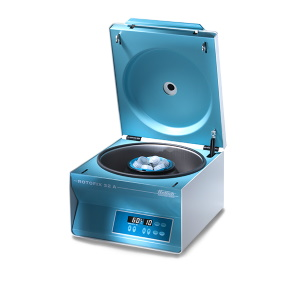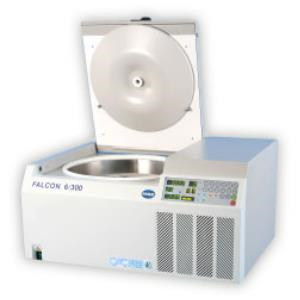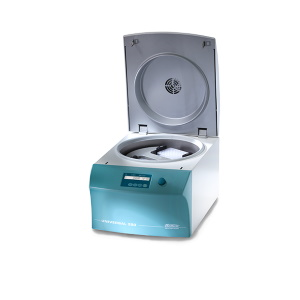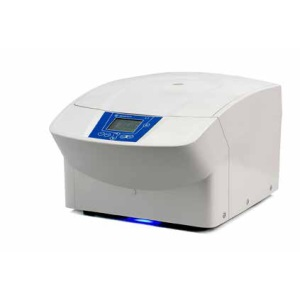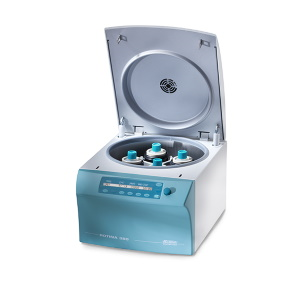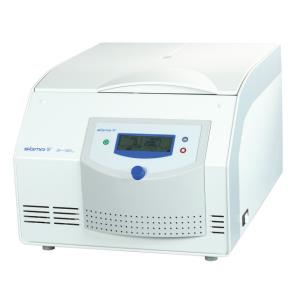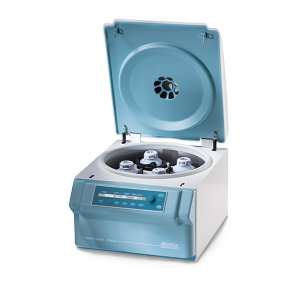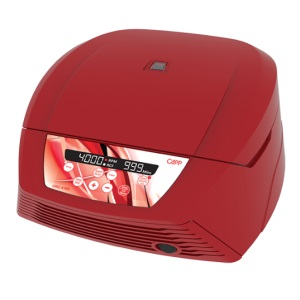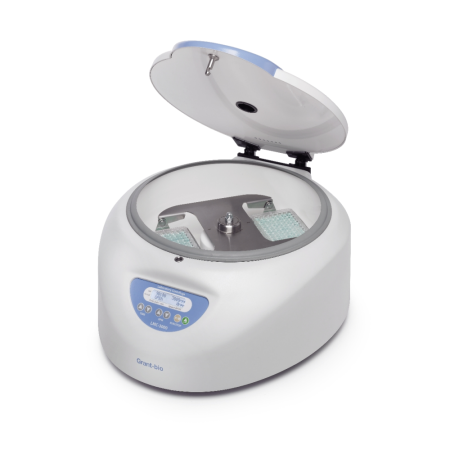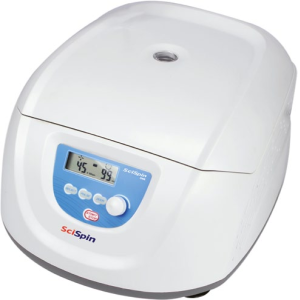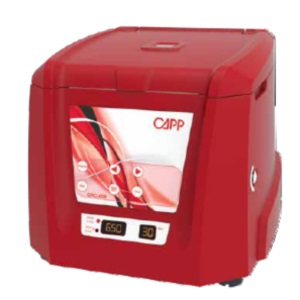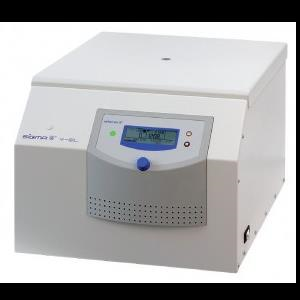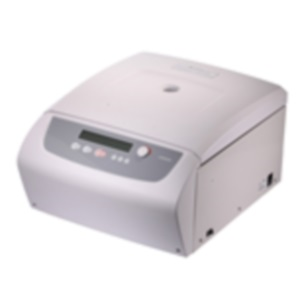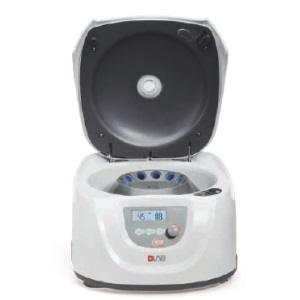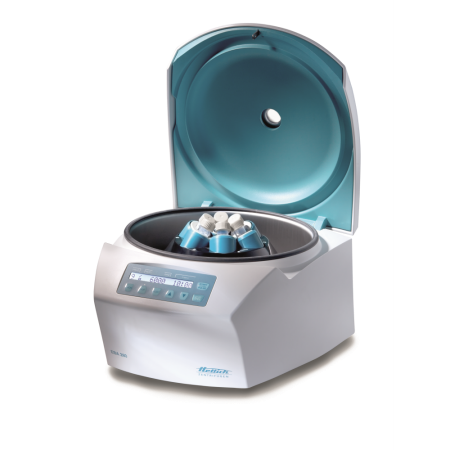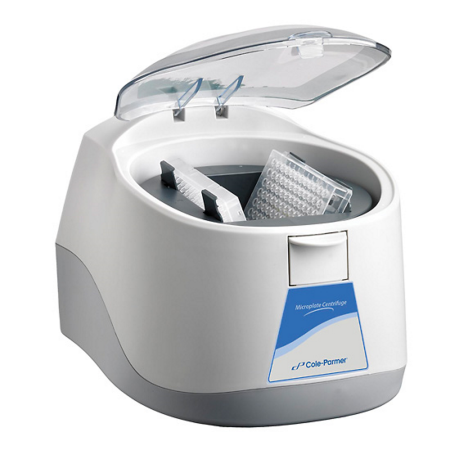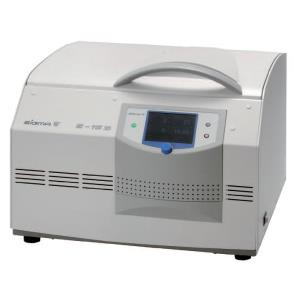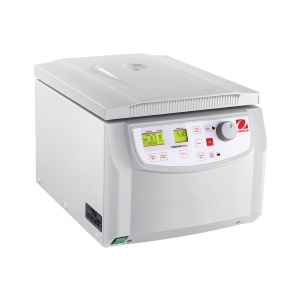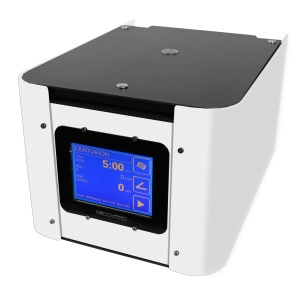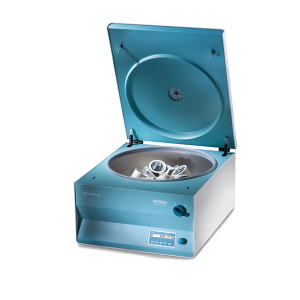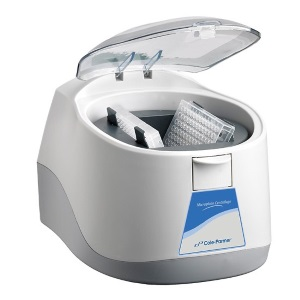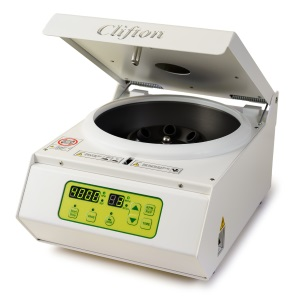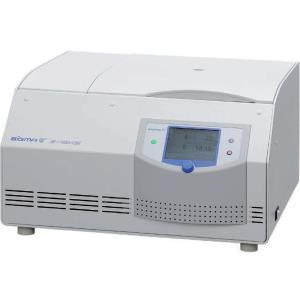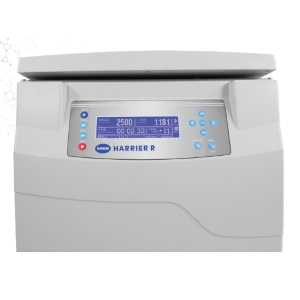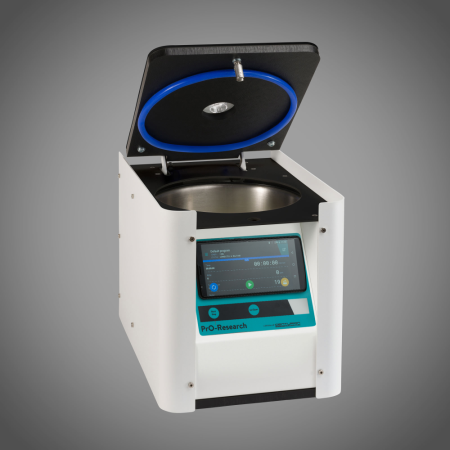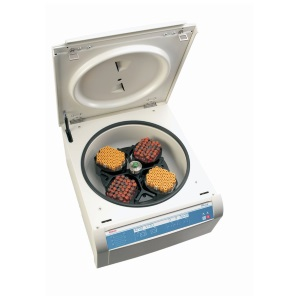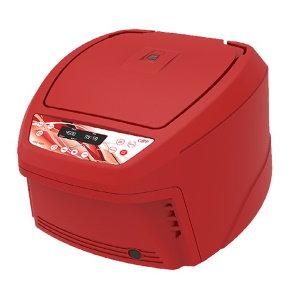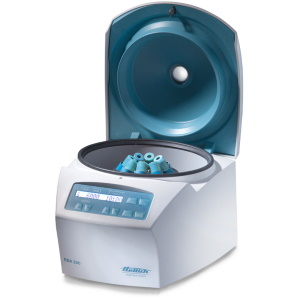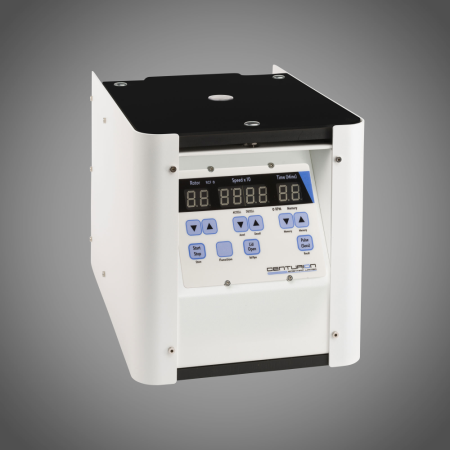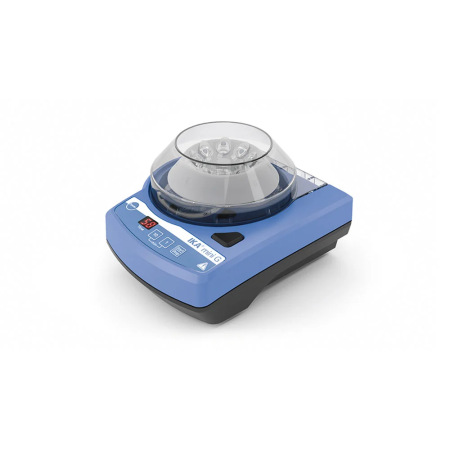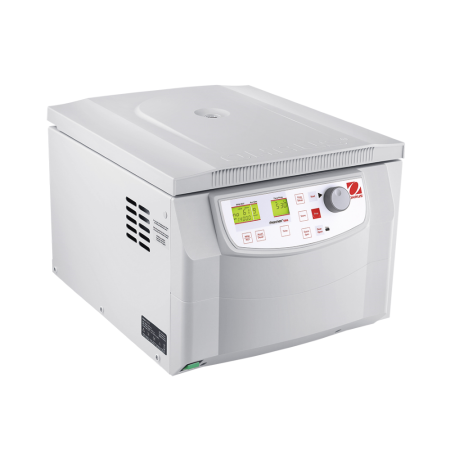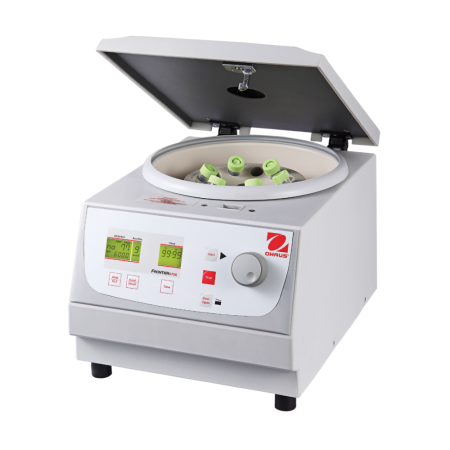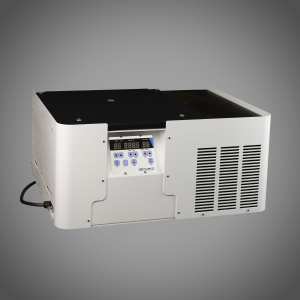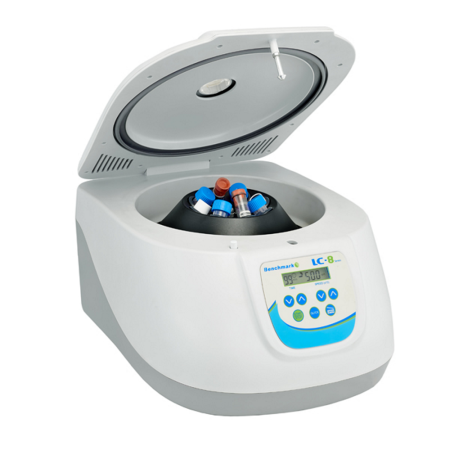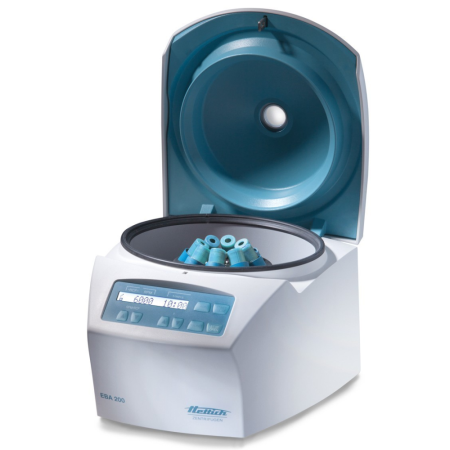
🌀 Benchtop Centrifuges Buyers Guide
Benchtop centrifuges are an essential piece of equipment in laboratories, hospitals, and research facilities. Compact yet powerful, they are designed to separate biological samples, chemicals, and other substances quickly and efficiently. Choosing the right centrifuge can enhance workflow, ensure sample integrity, and improve safety.
🔍 Key Considerations When Selecting a Benchtop Centrifuge
1. Type of Centrifuge
- General-purpose centrifuges – Versatile and suitable for a wide range of applications, from clinical diagnostics to molecular biology.
- High-speed centrifuges – Designed for greater rotational speeds, often required for molecular and microbiological research.
- Refrigerated centrifuges – Maintain temperature-sensitive samples at controlled conditions during operation.
- Haematocrit centrifuges – Specialised for blood separation and haematology studies.
2. Maximum Speed and RCF (Relative Centrifugal Force)
Consider the maximum speed (RPM) and RCF requirements for your applications. Molecular biology often requires higher RCF values, whereas clinical settings may only need moderate levels.
3. Rotor Options
- Fixed-angle rotors – Hold tubes at a set angle, ideal for pelleting cells or nucleic acids.
- Swing-out rotors – Allow tubes to spin horizontally, suitable for volume separation and sedimentation.
- Specialised rotors – For microplates, cryotubes, or blood collection tubes. Flexibility in rotor compatibility ensures your centrifuge can adapt to different workflows.
4. Capacity
Choose a centrifuge that suits the volume of your samples:
- Small capacity (6–12 tubes) – Suitable for teaching labs and point-of-care testing.
- Medium capacity (16–48 tubes) – Ideal for routine research and diagnostic work.
- Large capacity (96 tubes or more) – Best for high-throughput facilities.
5. Temperature Control
For sensitive biological samples, refrigerated benchtop centrifuges are critical. They maintain consistent cooling to protect proteins, nucleic acids, and blood samples from degradation.
6. Ease of Use & Safety Features
Look for:
- Intuitive digital displays
- Pre-programmed protocols
- Imbalance detection
- Automatic rotor recognition
- Lid-locking systems for operator safety
7. Data Logging & Connectivity
Modern centrifuges may include USB or Ethernet connections, enabling data tracking, audit trails, and compliance with GLP/GMP standards.
🛠 Example: Andreas Hettich GmbH Benchtop Centrifuges
Andreas Hettich GmbH is a leading manufacturer of laboratory centrifuges, offering models designed for reliability, precision, and long service life. Examples include:
- Hettich ROTOFIX 32A – A robust general-purpose centrifuge with multiple rotor options, suitable for clinical and research applications.
- Hettich EBA 280 – Compact design with high performance, perfect for smaller labs or point-of-care testing.
- Hettich UNIVERSAL 320R – A versatile refrigerated centrifuge ideal for temperature-sensitive samples.
💡 Quick Buying Tips
- Match centrifuge type to your application (e.g., molecular biology vs clinical diagnostics).
- Ensure speed and RCF meet your experiment’s requirements.
- Consider flexibility with rotor options for future needs.
- For biological samples, choose a refrigerated model.
- Prioritise safety features and compliance with laboratory standards.
🤔 Need Expert Help?
If you’re unsure which benchtop centrifuge is right for your laboratory, speak with an expert supplier to match your needs with the correct specifications.
Product Category: Centrifuges - Benchtop
Manufacturer: Hettich
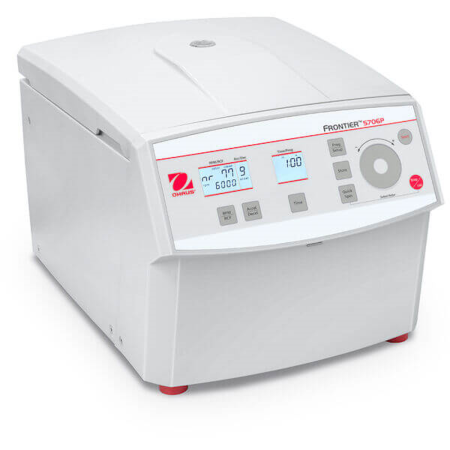
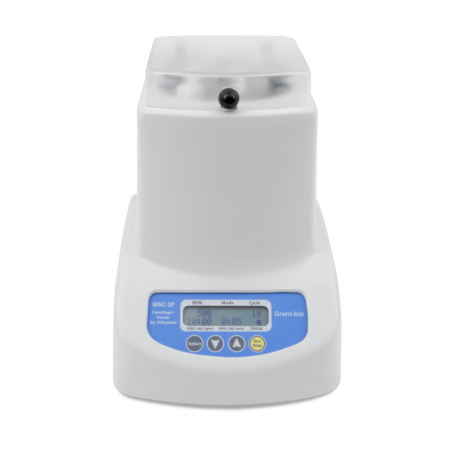

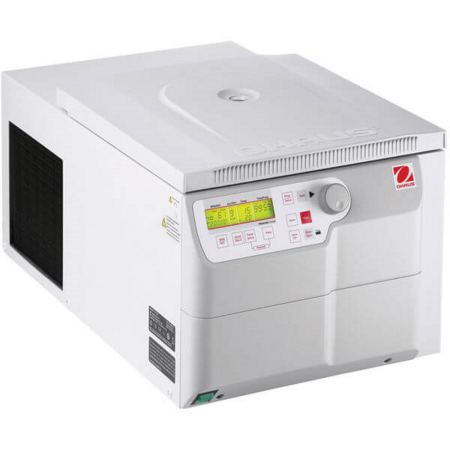
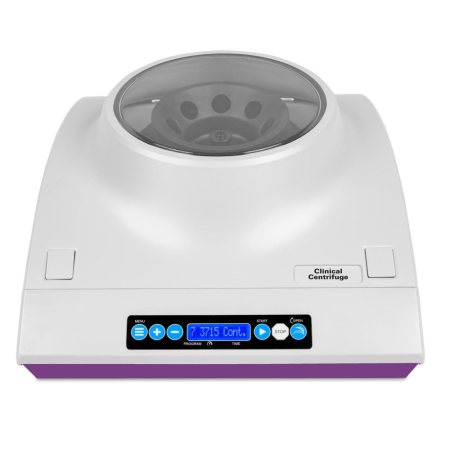
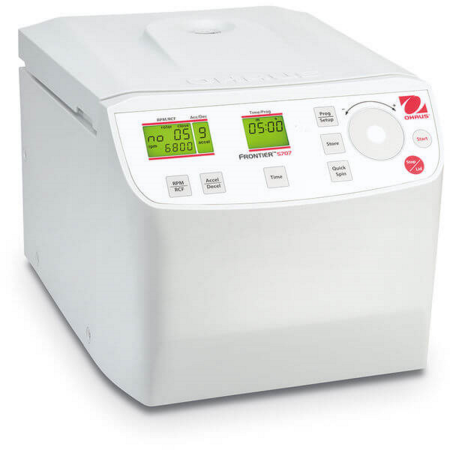
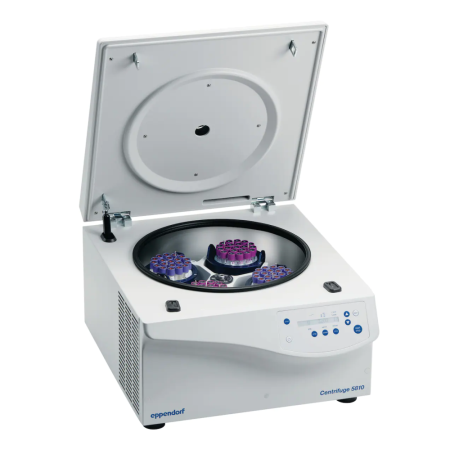
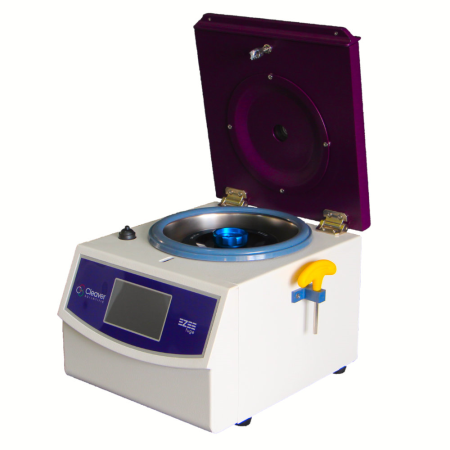
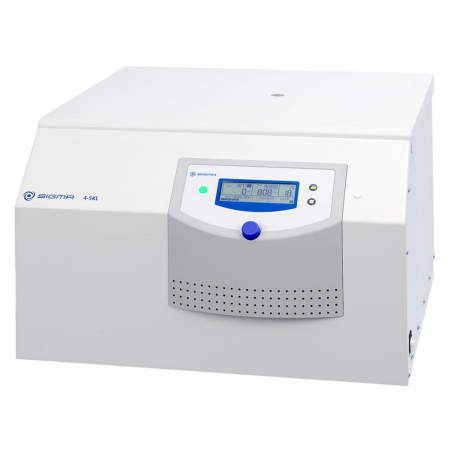








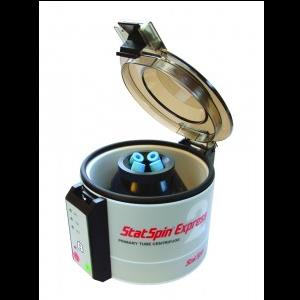
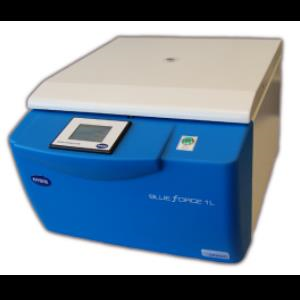
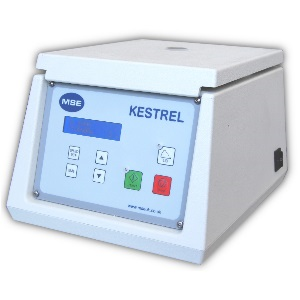
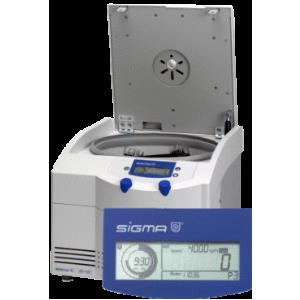
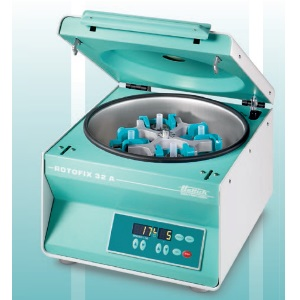
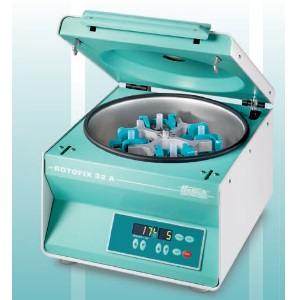
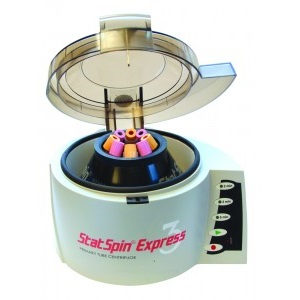
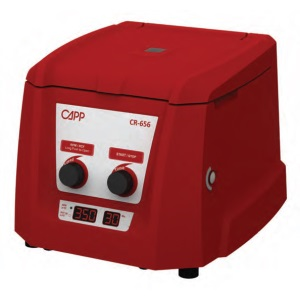
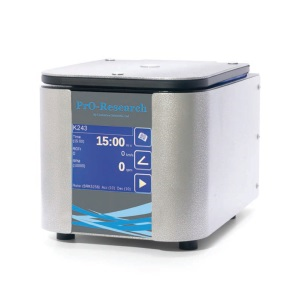
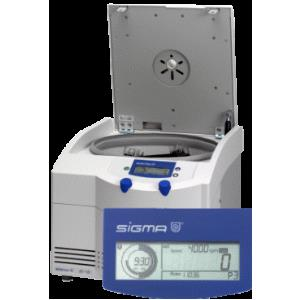
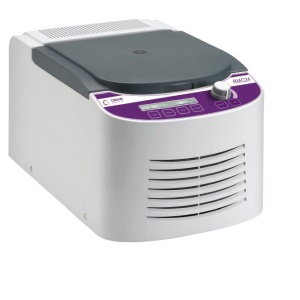
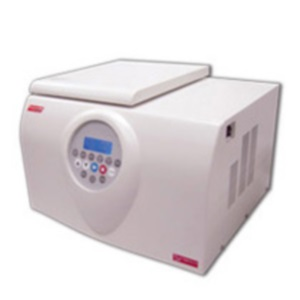
 53dB (
53dB ( 58dB.
58dB.